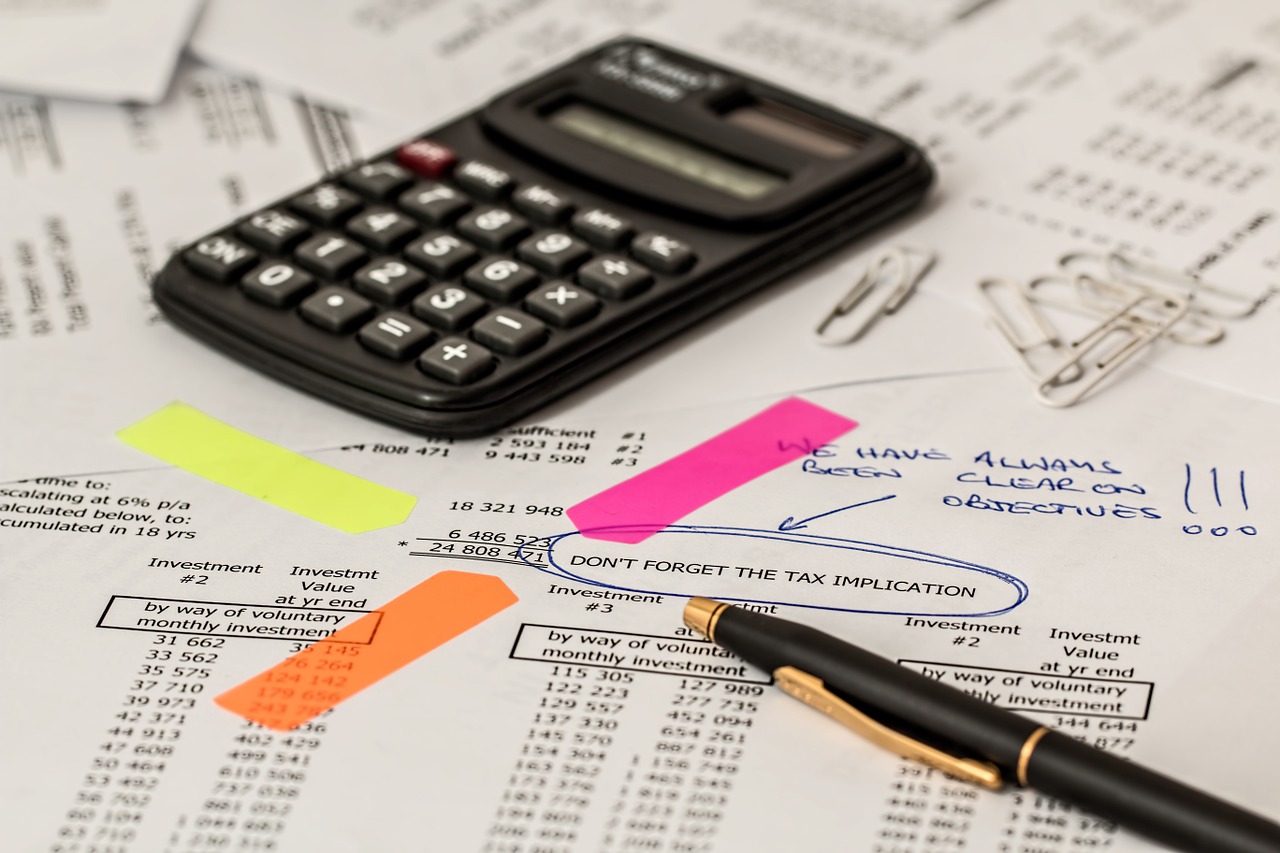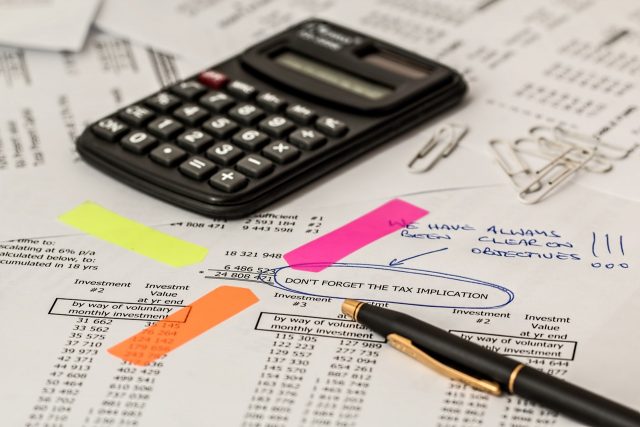Sometimes, taxes can be fairly complex and quite intimidating – even more so when cryptocurrency is involved. As the IRS has begun tracking crypto transactions, more and more people are hiring a CPA to do their taxes. This reduces the workload for the taxpayer but also reduces the chances of accidental underpayment.
But considering that cryptocurrency has not been an IRS issue before, your average CPA might not know too much about the cryptocurrency tax laws. This is why you should make sure your CPA does have this kind of knowledge.
Why Hire a Crypto CPA?
The IRS has deemed that cryptocurrency is now a property – which means that you must treat it exactly like you would treat stocks. The IRS issued Form 8949IRS issued Form 8949 where you can record the trades, and Form 1040, Schedule D is where your total capital gains need to be transferred.
For the most part, the process seems to be straightforward. However, the IRS only published minimal guidance when it comes to setting down cost basis. The challenge becomes even greater, as crypto traders use a variety of crypto exchanges with different reads. As aggregating transactions may prove to be overall challenging, many people opt to hire a specialized cryptocurrency CPA.
How to Know If Your CPA Has Crypto Knowledge
In general, CPAs are quite familiar with the tax law, and reporting stocks is also something that might be on their agenda. However, while the principle may be the same, some technicalities between the two might make matters slightly more complicated. Not every CPA knows that, and you must be certain you choose one that has this kind of knowledge.
A CPA who is knowledgeable in crypto can help you save money when it comes to your taxes. This includes both future and current returns. They can tell you what losses may be worth it in order to save money, and they will also know the right tax-loss harvesting strategies to use in your case.
That being said, here are the main questions that you may want to ask your CPA:
- Have you worked with clients that had to report crypto transactions before?
This one is a no-brainer, but you should always ask about the experience of your CPA with cryptocurrencies. Were they successful in saving tax money when they worked with their previous clients? How long have they been working with clients that were trading cryptocurrencies?
If their experience is long enough, they will know the best cryptocurrency tax strategies to use in your case.
Do you use any exchanges or are you familiar with their process?
In a way, cryptos are similar to brokerages? People convert, sell or buy on those exchanges, and they will all have their own process when doing an exchange. What your CPA should be concerned with is the CSV format, necessary to put all of your CSV files together.
If they do not know how to work with these exchanges, they might not be able to make the necessary calculations – and not declaring your crypto properly may lead to fines and even criminal charges.
Are you involved in crypto mining activities?
A CPA who mines crypto is a CPA who knows how to handle cryptocurrency. While it might be difficult to find an accountant who is also a trader in his or her free time, it will also assure you that they indeed know what they are doing.
If they are crypto miners, the chances are that they will be filing their taxes themselves – and obviously, the crypto that they mine must also be filed to the IRS.
Do you have a good understanding of cryptocurrency income?
A good crypto CPA will know their way around cryptocurrency income and the transactions involved with it. They will also know that crypto can be taxed as either income or capital gains.
If your CPA can’t bring you a clear explanation of how your cryptocurrency income is supposed to be taxed, then it is time to let them go. A good crypto CPA should know exactly how to deal with things such as setting NFTs, liquidity pools, micro-tasking, or coins that end up paying out dividends.
The Bottom Line
Not reporting your crypto correctly can land you in financial trouble with the IRS. This is why, if you are relying on your CPA to calculate what you owe, then you should check their experience and ensure they know exactly what they are doing.










